Breaking News: Ancient Hominins' Innovative Tools Redefine Human Evolution
Researchers at George Washington University have made a groundbreaking discovery in Kenya's Turkana Basin, unearthing a 2.752.44 million-year-old site containing one of the oldest known collections of early Oldowan tools. This remarkable find reveals that early humans maintained stone tool traditions for nearly 300,000 years, defying extreme climate swings and environmental shifts. The tools, crafted with precision, demonstrate an astonishing consistency across generations, helping our ancestors adapt and survive.
According to the study published in Nature Communications, the site in Kenya's Turkana Basin dates back to the early Pleistocene era, a time of significant climate change and environmental upheaval. Despite these challenges, early humans continued to shape stone tools with remarkable consistency, using techniques that remained largely unchanged for nearly 300,000 years. This remarkable streak of technological consistency has significant implications for our understanding of human evolution and the role of technology in shaping our species.
The immediate impact of this discovery is being felt across the scientific community, with experts hailing it as a major breakthrough in the field of paleoanthropology. "This discovery reshapes our understanding of how early technology anchored human evolution," said a spokesperson for George Washington University. As news of the discovery spreads, researchers are already planning follow-up studies to further explore the significance of this find.
The discovery of these ancient tools provides a unique window into the lives of early hominins, offering insights into their technological capabilities and adaptability. The tools themselves, crafted from stone, demonstrate a level of precision and craftsmanship that is remarkable considering the time period. The study's findings also highlight the importance of technological innovation in human evolution, suggesting that the development of stone tools played a critical role in our ancestors' ability to adapt to changing environments.
As researchers continue to analyze the site and its contents, they are likely to uncover even more secrets about the lives of early humans. With this discovery, we are reminded of the incredible resilience and ingenuity of our ancestors, who were able to thrive in some of the most challenging environments on Earth. The discovery of these ancient tools is a testament to the power of human innovation and adaptability, and it will undoubtedly continue to shape our understanding of human evolution for years to come.
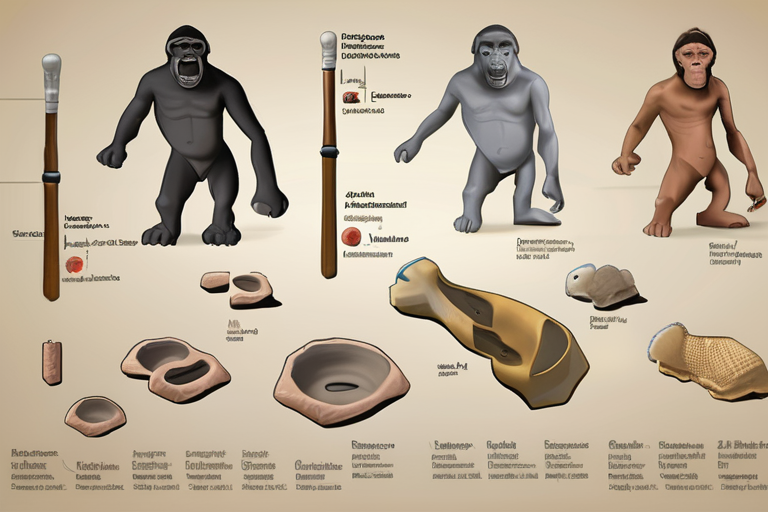



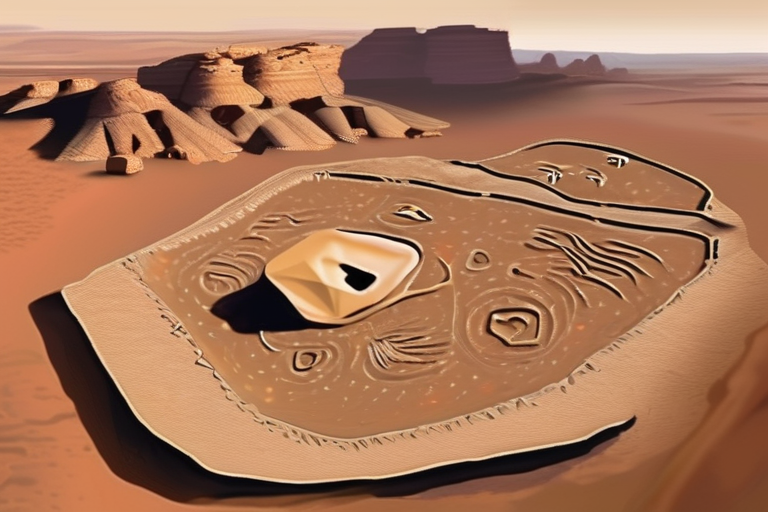
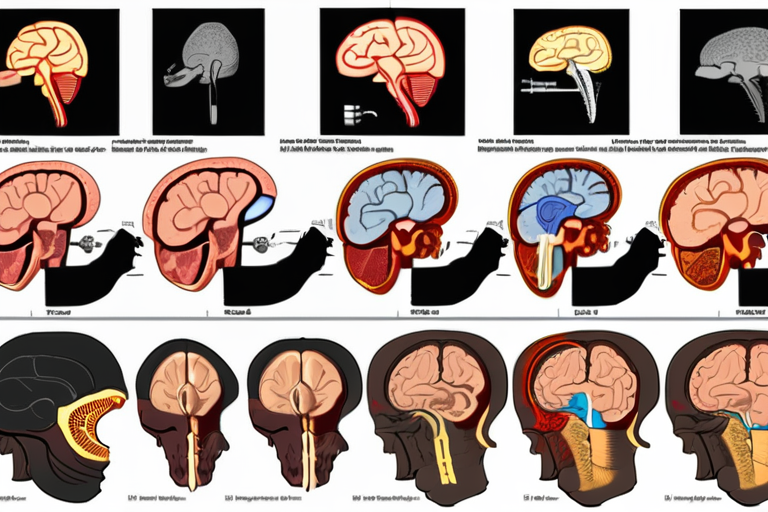
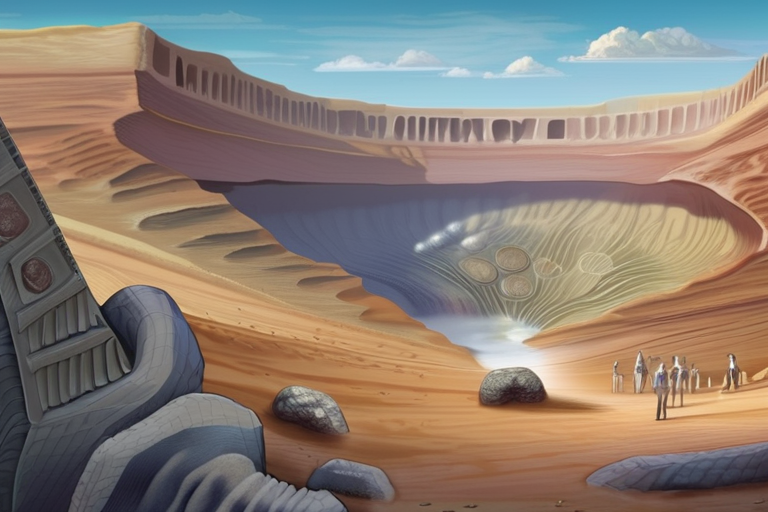


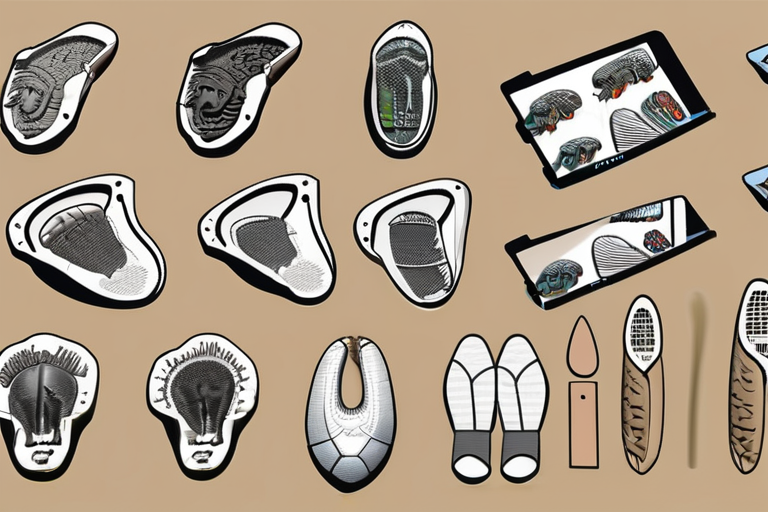

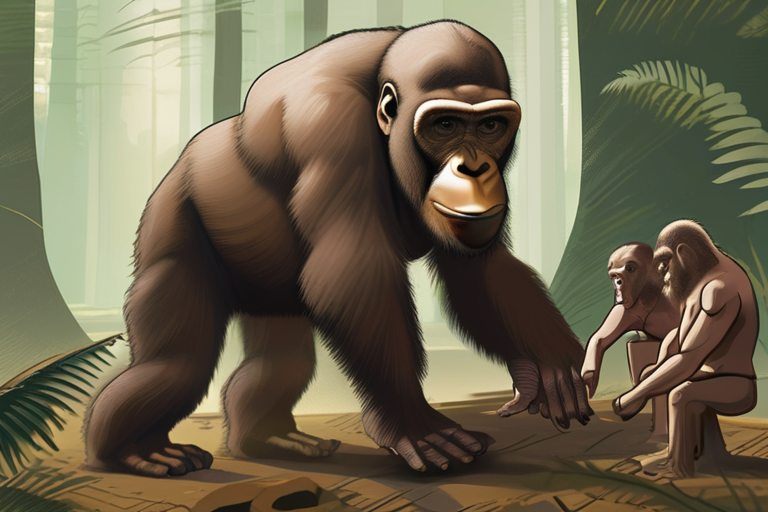

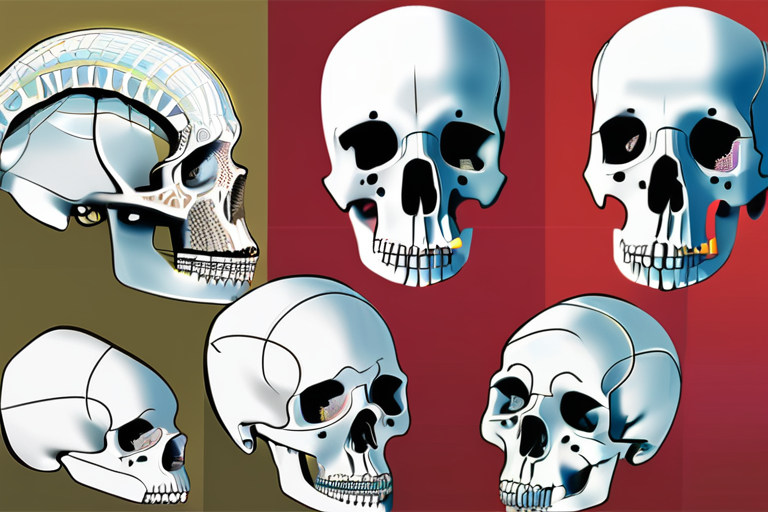
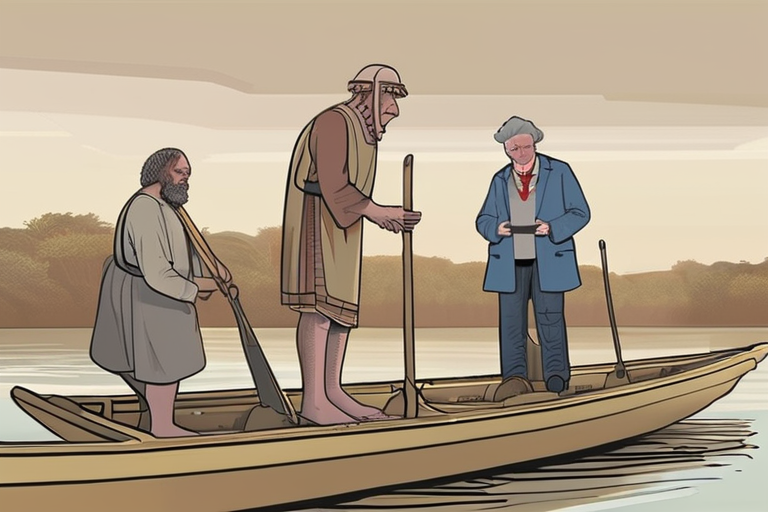





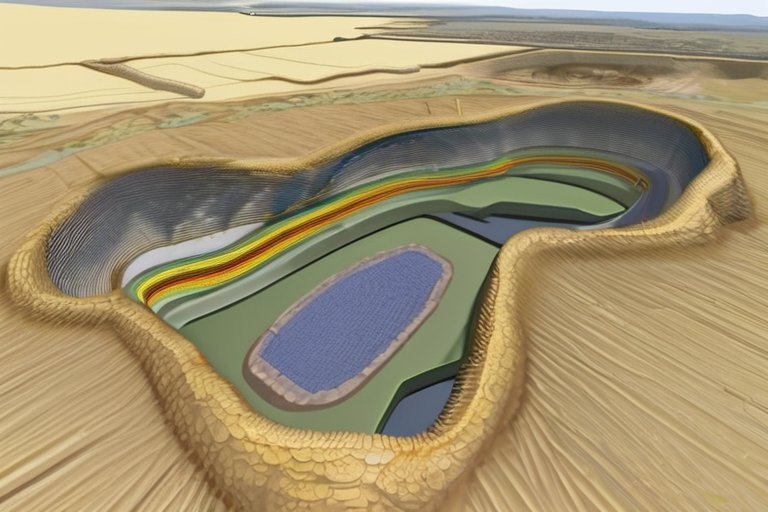

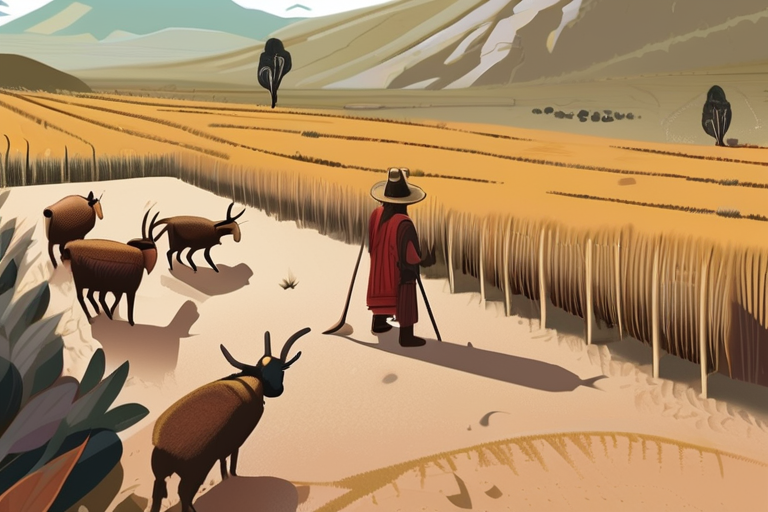




Share & Engage Share
Share this article